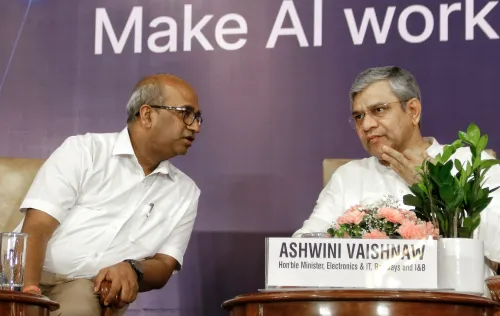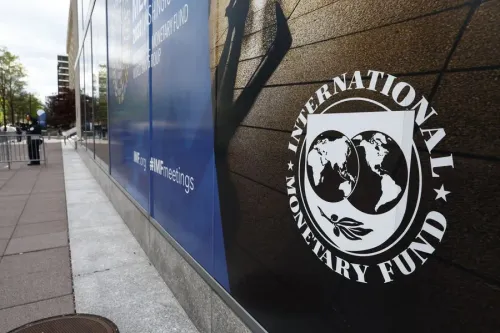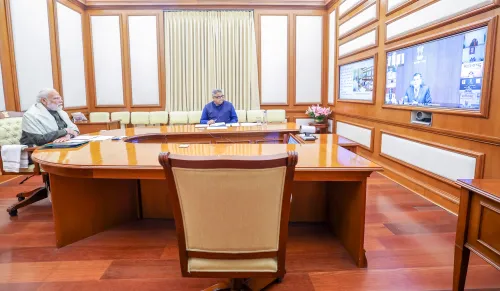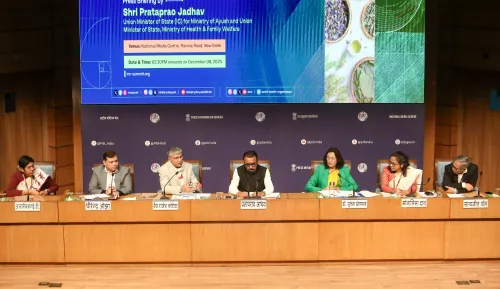How is the Rs 68 Crore Kapas Kranti Mission Transforming Cotton Farming?
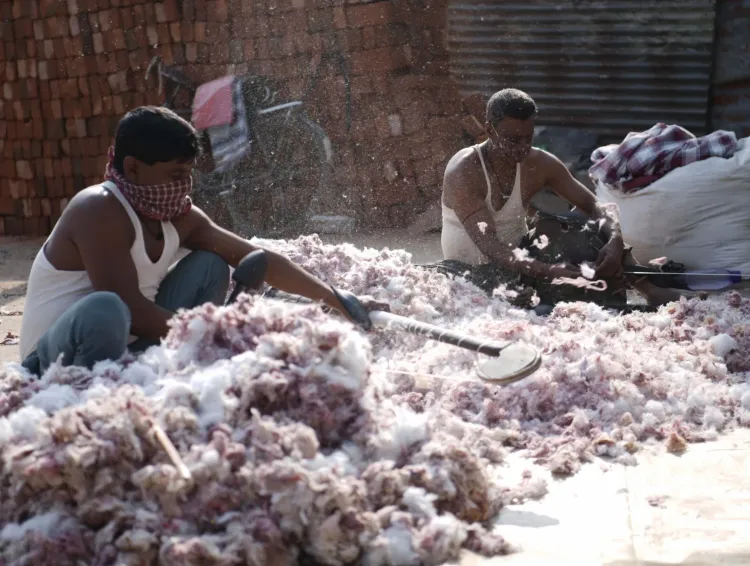
Synopsis
Key Takeaways
- Rs 600 crore investment in Kapas Kranti Mission to revolutionize cotton farming.
- Integration of technology through the Kapas Kisan App for better farmer engagement.
- High-density planting and scientific approaches to improve productivity.
- Significant growth in cotton procurement over the last decade.
- Emphasis on transparency to combat fraudulent practices in the sector.
New Delhi, Nov 17 (NationPress) The landscape of cotton production in India is undergoing a remarkable transformation thanks to the government's new Rs 600 crore Kapas Kranti Mission. This initiative not only embraces advanced agricultural techniques but also integrates the sector into a digital framework.
With this initiative, every phase of cotton farming—from sowing to selling—will concentrate on science, technology, and innovation. Farmers in India's cotton-growing regions can enhance their yields through high-density planting (HDP), precision irrigation, and scientifically-backed agronomy, as reported by Times Kuwait.
The mission promotes modern farming techniques, including closer plant spacing and technology-enhanced irrigation.
This program, which has shown promising results in Maharashtra's Akola district—a benchmark for innovative cotton farming—is now expanding to farmers in Telangana.
The recently launched 'Kapas Kisan App', introduced post-Diwali, enables farmers to pre-schedule sales, eliminate middlemen, and secure reasonable prices for their harvest. It also offers real-time updates on procurement timelines, market prices, and quality benchmarks,” according to the report.
The Kapas Kranti Mission arrives as the cotton sector in India has made notable strides over the past decade. Cotton procurement increased from 173 lakh bales ($3.5 billion) to 473 lakh bales ($17 billion) between 2014 and 2024, and the Minimum Support Price (MSP) for cotton has nearly doubled.
Key to this success has been the emphasis on transparency, targeting middlemen, dishonest ginning mills, and counterfeit seed vendors, the report noted.
Now, with the Kapas Kisan App, the government is set to propel India’s cotton ecosystem into the digital era.
“Farmers can monitor every transaction—from booking to payments—right on their smartphones. This initiative eradicates delays, avoids congestion, and guarantees prompt payments to bank accounts, fostering a transparent, efficient, and farmer-friendly marketplace,” the report highlighted.
The modernization of cotton farming is poised to enhance the textile industry with high-quality long-staple cotton, create millions of jobs, and boost exports.
This initiative not only embodies a broader vision of Atmanirbhar Bharat but also aims to elevate the country’s position in global markets,” the report concluded.


